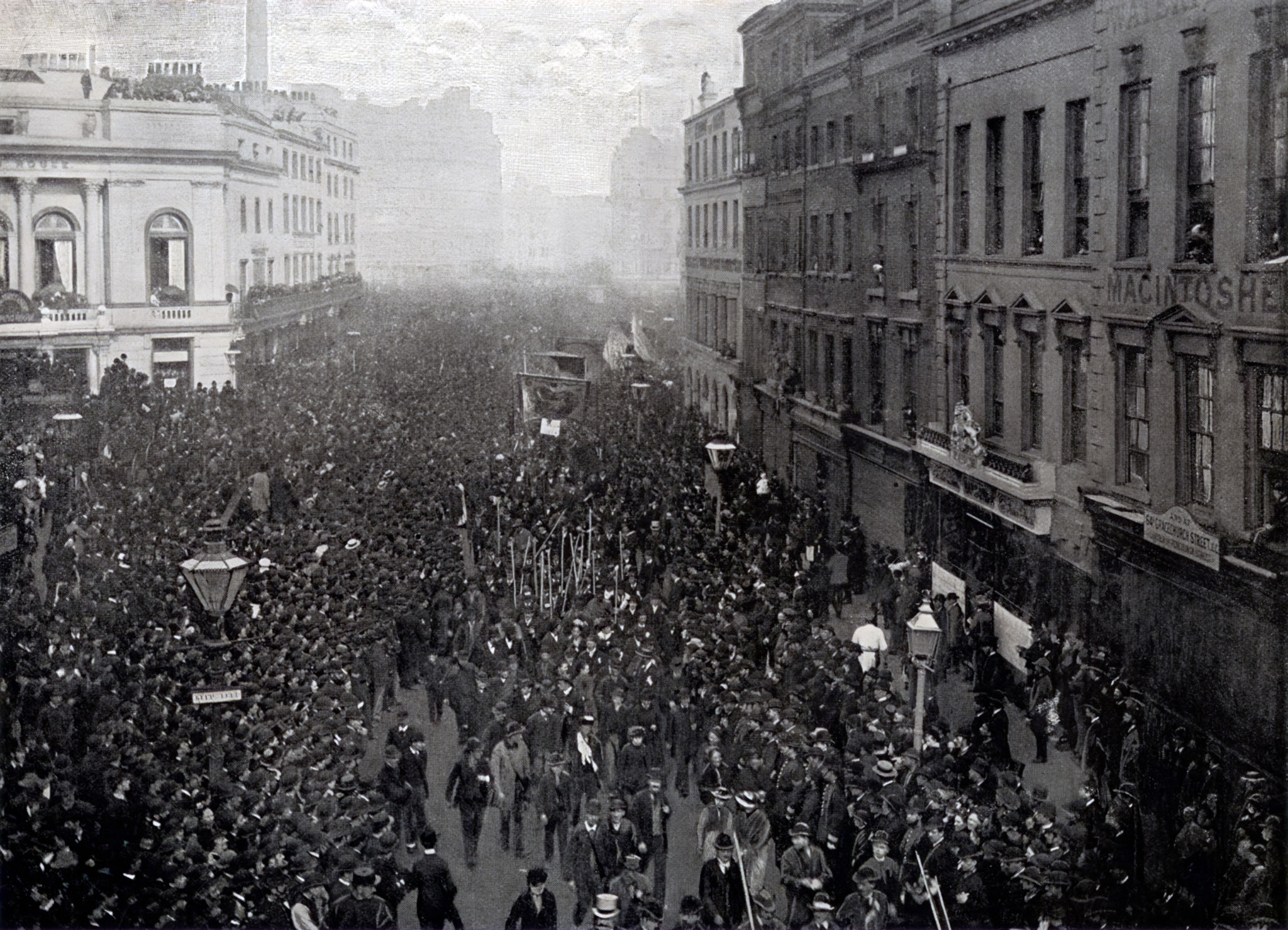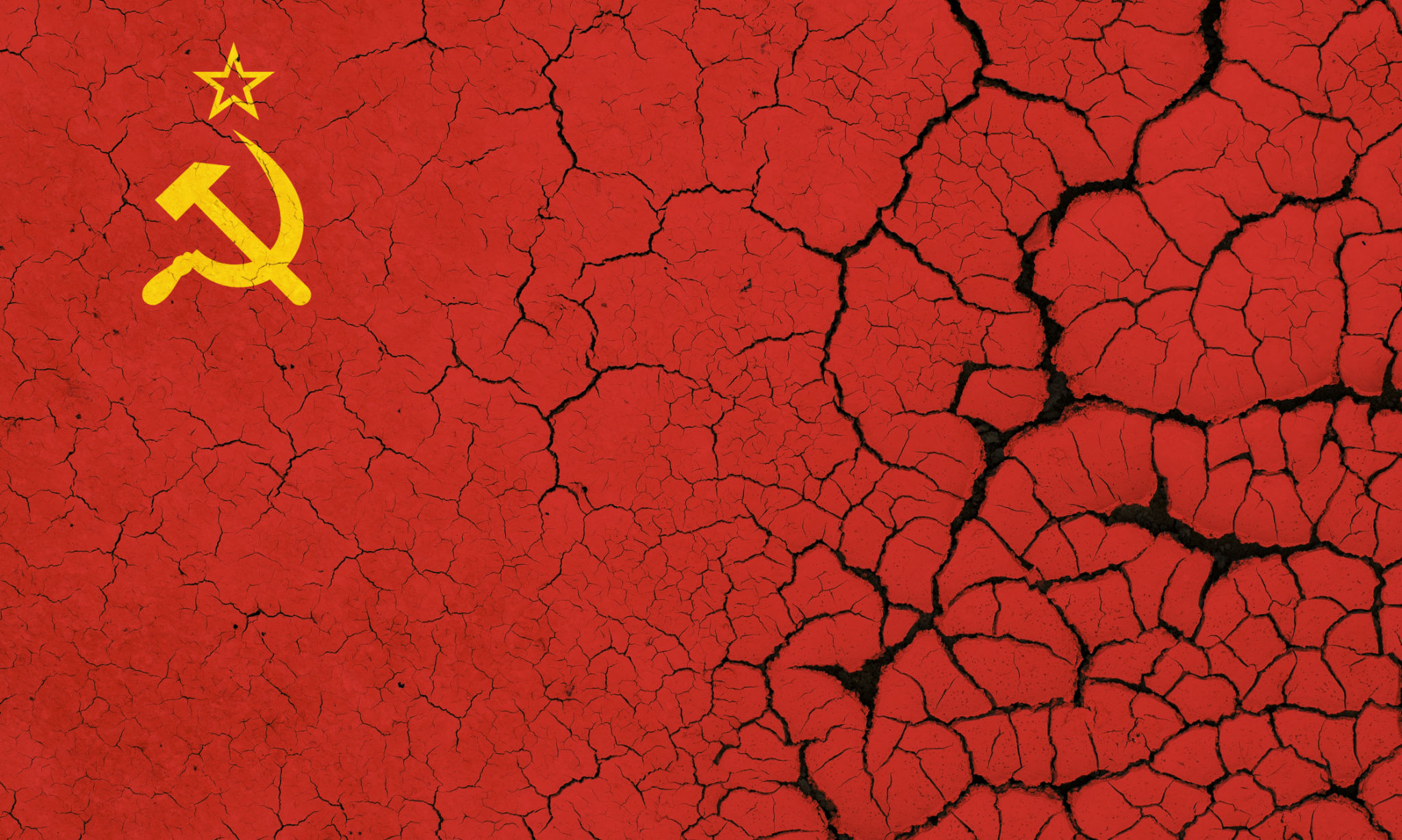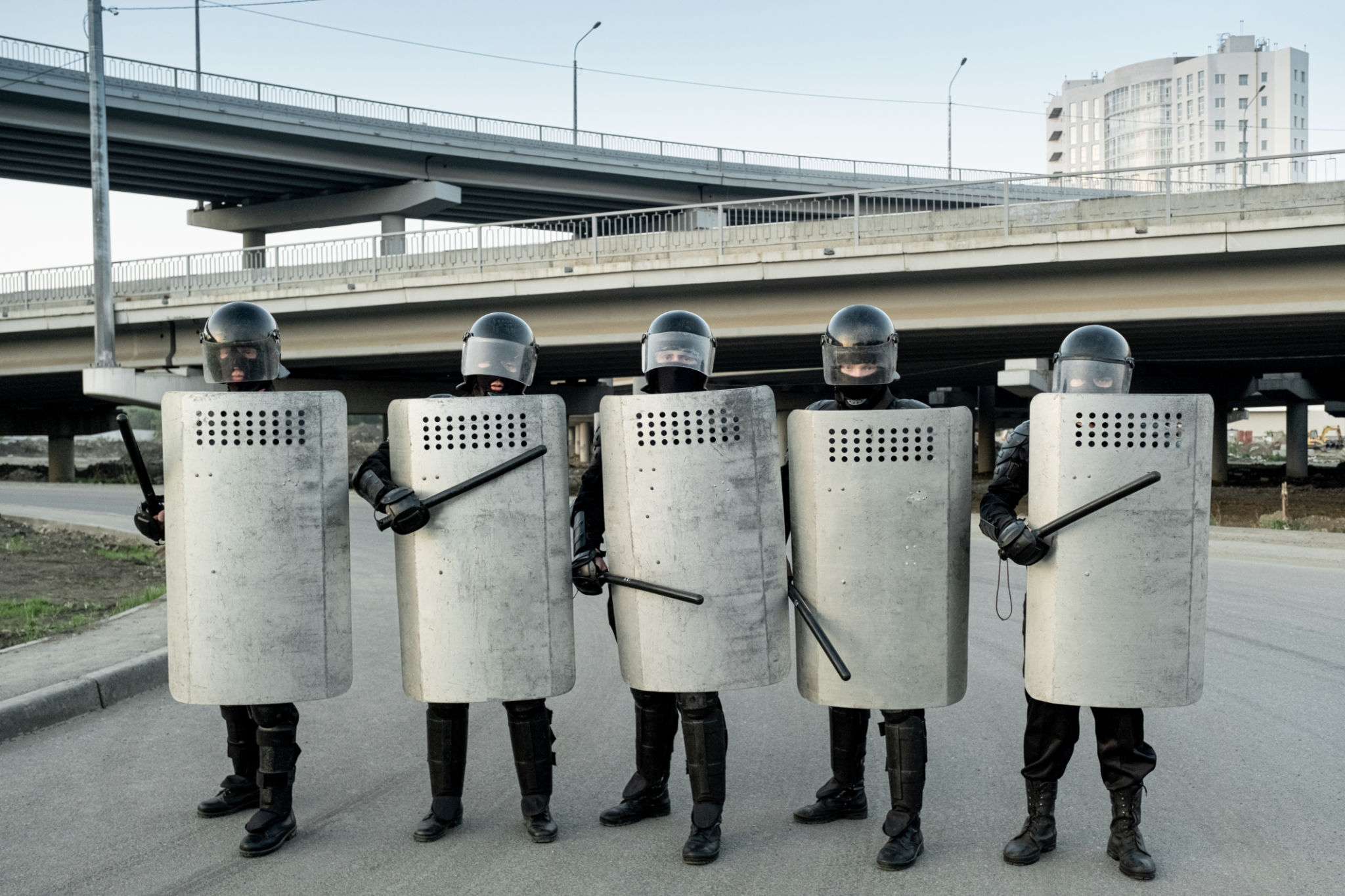Understanding the Roots of Russian Political Dissent
Historical Background
The roots of Russian political dissent can be traced back to the Tsarist era, where autocratic rule was predominant. During the 19th century, intellectual movements began to challenge this authoritarian regime. Groups like the Decembrists in 1825 and later the Populists sought to transform Russian society by advocating for social reforms and increased political freedoms.

The rise of industrialization in the late 19th and early 20th centuries further fueled dissent. Workers faced harsh conditions, and the intellectual elite grew increasingly frustrated with the lack of political representation. These sentiments laid the groundwork for the revolutionary movements that would eventually overthrow the Tsarist regime in 1917.
The Soviet Era
Under Soviet rule, dissent took on new forms. The Bolshevik government initially promised a society based on equality and the working class's empowerment. However, as power became centralized under leaders like Joseph Stalin, dissenting voices were swiftly silenced through purges and strict censorship. Despite this, underground movements persisted, utilizing literature and art to subtly criticize the regime.

Notable figures such as Aleksandr Solzhenitsyn and Andrei Sakharov became symbols of resistance, using their writings and activism to expose the regime's harsh realities. Their efforts highlighted the power of intellectual dissent in challenging oppressive systems.
The Post-Soviet Landscape
With the dissolution of the Soviet Union in 1991, Russia entered a new era with promises of democracy and political freedom. However, the transition was tumultuous, leading to economic instability and a power vacuum. This period saw the emergence of new political parties and movements aimed at addressing societal issues neglected during Soviet times.
Despite initial optimism, the consolidation of power under leaders like Vladimir Putin has led to a resurgence of authoritarian practices. The government has employed tactics such as media control, electoral manipulation, and legal persecution to suppress dissenting voices.

Contemporary Forms of Dissent
Today's political dissent in Russia is multifaceted, involving activists, journalists, and ordinary citizens. The use of digital platforms has become a crucial tool for organizing protests and disseminating information. Social media campaigns have successfully raised global awareness about issues like corruption and human rights abuses.
- Activism: Grassroots movements have gained momentum, focusing on environmental issues, LGBTQ+ rights, and labor conditions.
- Journalism: Independent media outlets strive to provide unbiased reporting, often facing government harassment.
- International Support: Global organizations often lend support to Russian dissidents through funding and advocacy.
The Challenges Ahead
Despite these efforts, challenges remain significant. The Russian government continues to implement laws that restrict freedom of assembly and expression. Additionally, economic pressures and threats from law enforcement deter many from openly participating in dissent activities.
The international community's response is also crucial. Diplomatic pressure and sanctions can play a role in encouraging political reforms, but they must be balanced with efforts to avoid exacerbating tensions.

The Future of Dissent in Russia
The future of political dissent in Russia hinges on several factors, including technological advancements, the resilience of civil society, and international dynamics. As technology evolves, it offers both opportunities for dissidents to communicate and challenges due to increased state surveillance capabilities.
Ultimately, understanding the roots of Russian political dissent requires recognizing its historical complexity and acknowledging the courage of those who continue to challenge authoritarianism. While the path forward is fraught with obstacles, the enduring spirit of resistance offers hope for meaningful change.